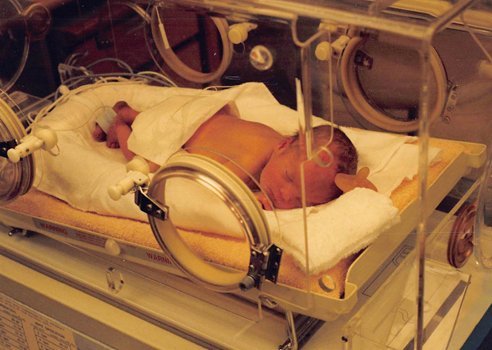Reading time: About 3 minutes
Here’s why I insist that you spend some of your writing time, NOT writing, but instead incubating….
When I was a callow teenager and completed my honours political science thesis in June 1979, I finished it only because my professor declined to give me another extension.
Although this made me furious, I’m now very grateful. If he hadn’t refused to molly-coddle my deadline-averse ways, it would have taken me the entire summer to write it. If then.
As it was, I wrapped up my writing in a three-day marathon during which I did not sleep. Instead, I moved between the dining-room table, which I had commandeered (I now can’t recall where the rest of the family ate!), the kitchen and the bathroom. I did nothing but write, edit, drink coffee, eat the odd crust of bread and, finally, finish the damn thing.
My professor gave me a 79% which was both generous (given my lateness) and a slap in the face (by scoring less than 80% I was awarded second class honours instead of first.) Of course none of this really mattered, as I had no interest in pursuing an academic career. I still recall writing that thing as one of the most traumatic experiences of my life.
If only I had known about incubating!
If incubating is not a tool in your writing quiver, be sure to pay attention now. When you incubate, you take a complete break from writing. This is one of the main reasons you should follow five guidelines listed here (none of which I knew about when I started my thesis):
1) Don’t write a word until you have finished the bulk of your research and know much of what you want to say. There is nothing to be gained by scribbling 750 (or more) words, early in the process. Do not assume that “getting started on writing” is a smart move. It is a colossally dumb one. Always research first, write later. This allows you to see your work as a whole, rather than just a word count.
2) Start your project early enough so that you aren’t forced to write and edit, as I was, in three days running. Or even one day running. After you finish researching, you need a stretch of time to think before you start to write. (If you think best with a pen, be sure to do a mindmap.) Otherwise, you can expect to spend a bunch of time sitting in front of a blank computer screen, fretting. This will make you feel panicked rather than in control. Not good. Instead, use incubation to avoid this terror.
3) Be aware that you will need another (longer) stretch of time to take a complete break after you’ve finished writing and before you start editing. Magic happens in the time when you leave your first draft in a dusty corner of your hard-drive or a vacant drawer of your desk. This is the only way to activate the “editing elves” who will come and do substantial work on your draft while you are away working on other things. Seriously, though, by taking a long break, you give yourself some much needed perspective so you can determine whether what you’ve written is any good and how it can be made even better. If you’re like me, you’ll frequently discover that some writing you thought was disastrously bad is actually pretty good. This has nothing to do with wearing rose-coloured glasses. It is simply the power of perspective. (The reverse is also true: The exquisitely good can, occasionally, become irreparably bad.)
4) Do I need to remind you again that you should never edit while you write? I consider this “global incubating” because it means you are not allowing yourself to “think” while you write. I always tell myself that I should write as quickly as I possibly can and edit as slowly as I can possibly bear. Writing and editing are two completely different tasks. Keep them that way.
5) Whenever you feel particularly stuck or puzzled, don’t force yourself to write. Instead, take a break – and by break, I mean do something completely different: for example, a walk, a drive, a bath, a book, a piece of music – and go back to writing only when you feel completely refreshed and, more importantly, distracted from your problem. Whenever Albert Einstein encountered a particularly tricky problem he always took a break to listen to some music. And we all know how that worked for him!
Incubating is not about wasting time. It’s about using it wisely.


